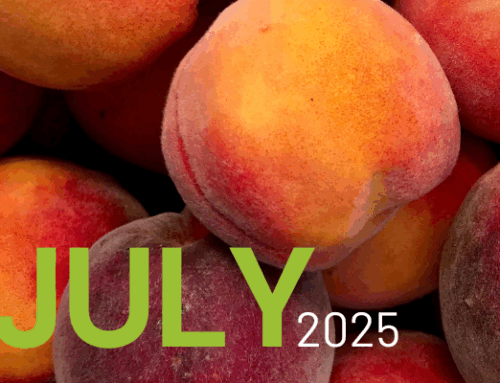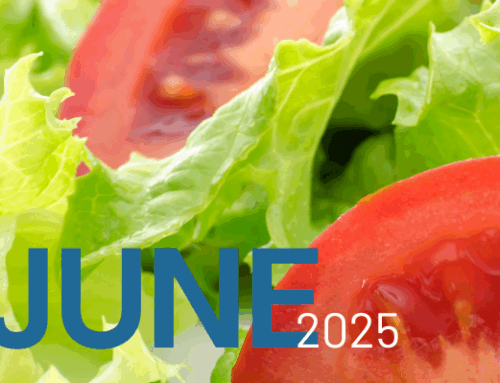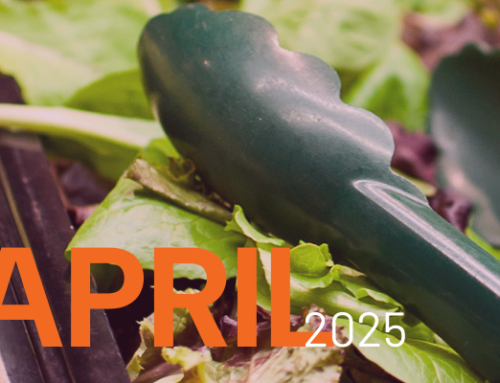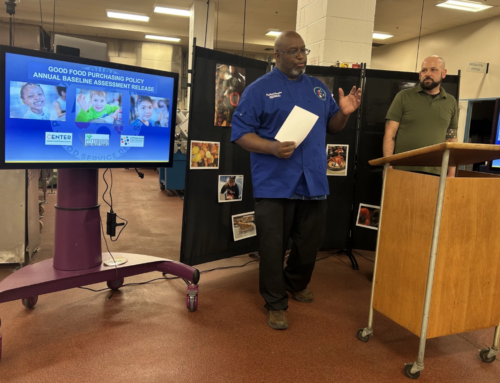How Can We Improve Food Access In Chicago And Beyond? Food Policy Summit Brings Experts Together
Maxwell Evans
Activists Malik Yakini of Detroit and Navina Khanna of Oakland will headline the 15th annual summit Friday at South Shore Cultural Center.
SOUTH SHORE — Food justice organizers can get acquainted with sustainable food initiatives across the city and county at this week’s 15th annual Chicago Food Policy Summit.
The free summit will be held 9 a.m.–5 p.m. Friday at the South Shore Cultural Center, 7059 S. South Shore Drive. Real-time Spanish interpretation will be available.
Malik Yakini of the Detroit Black Community Food Security Network will open the summit at 9:30 a.m.
Navina Khanna of the HEAL Food Alliance will be the lunchtime keynote speaker at 12:30 p.m. Local food vendors will be on hand, selling prepared foods for lunch and snack breaks.
Breakout sessions will discuss topics like caring for urban livestock, the cost of water access for Chicago’s urban farmers, advocacy for those soon to be kicked off federal food assistance programs and much more. A full schedule is available here.
Partner organizations like Grow Greater Englewood and the Little Village Environmental Justice Organization will have informational tables at the event.
Beyond the educational aspect, past summits have led to policy successes, said Rodger Cooley, executive director of the host Chicago Food Policy Action Council.
Cooley credits summit attendees for pushing City Council to adopt the Good Food Purchasing Program in 2017. The program requires the city’s food suppliers to meet specific health, environmental and labor standards.
Chicago was the first city outside of California to adopt the Good Food Purchasing Program. Chicago Public Schools had already committed to the program’s standards earlier that year.
Summit attendees have also seen success mobilizing around city policies on composting and urban agricultural zoning, Cooley said.
The summit’s goal is for attendees to walk away “interested in more local policy issues, while being connected to folks who are able to do some ongoing advocacy,” Cooley said.
After starting at the Chicago Cultural Center and spending a few years at the University of Illinois at Chicago, the summit was moved to the South Shore Cultural Center four years ago.
The move was made so the summit could be “more publicly accessible,” particularly for South Siders, Cooley said.
“It’s also the beauty of the space,” Cooley said. “It’s not like a traditional convention center. It’s inspiring to be in those huge rooms with massive windows that are overlooking the lake.”





